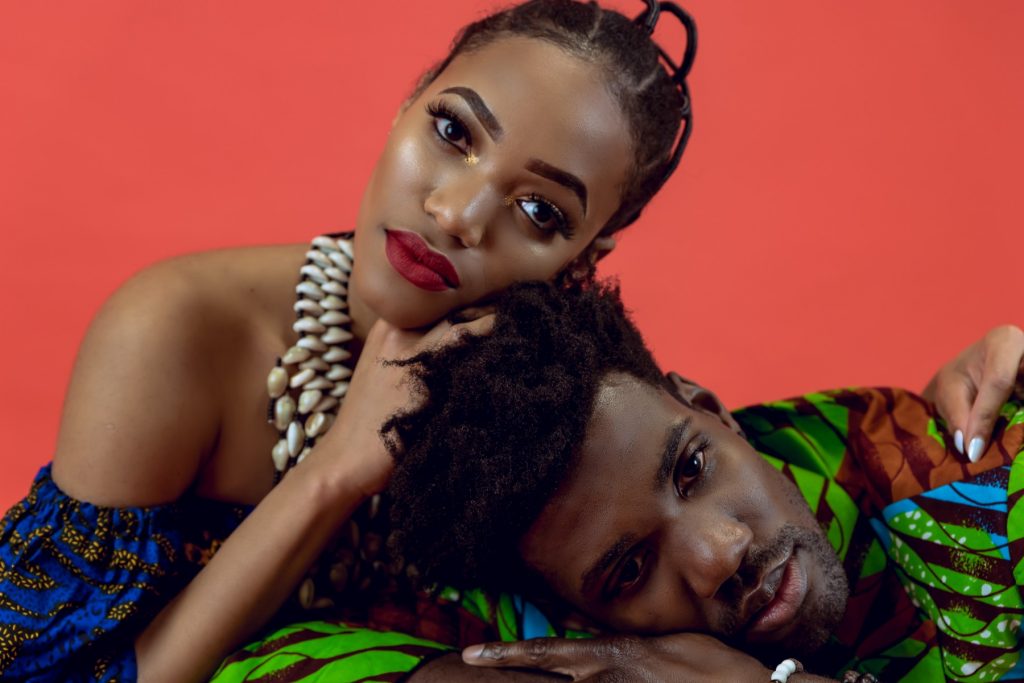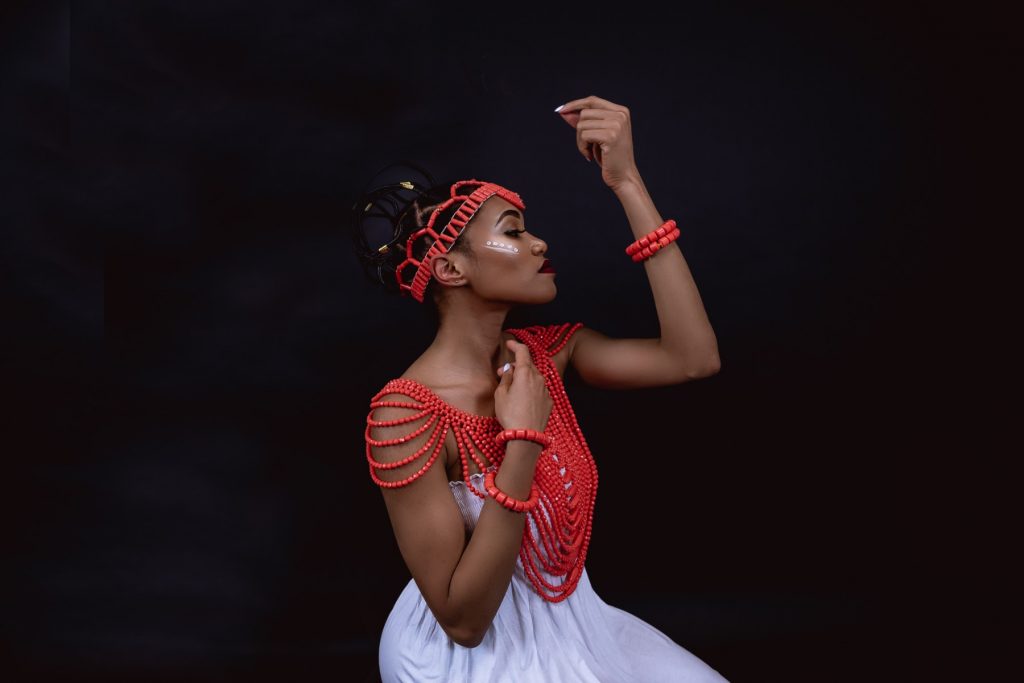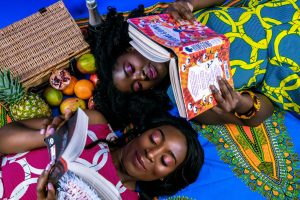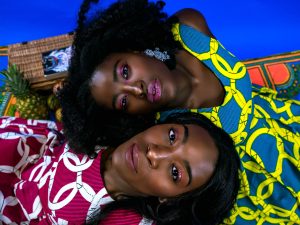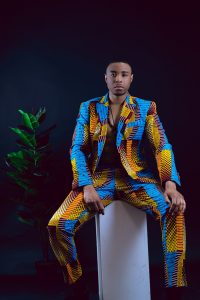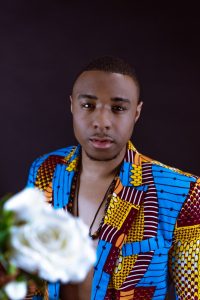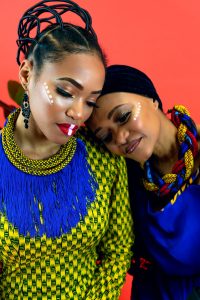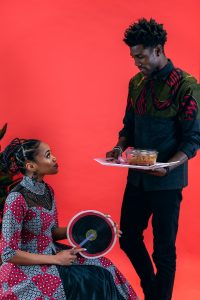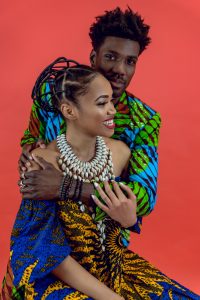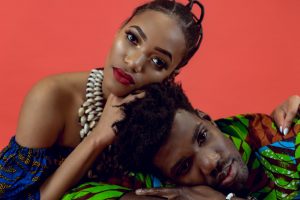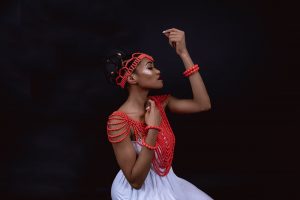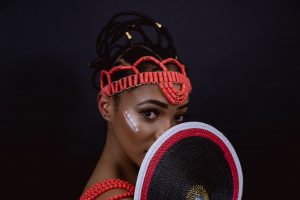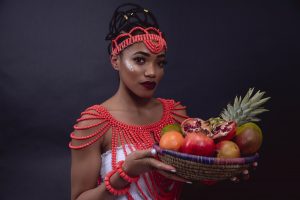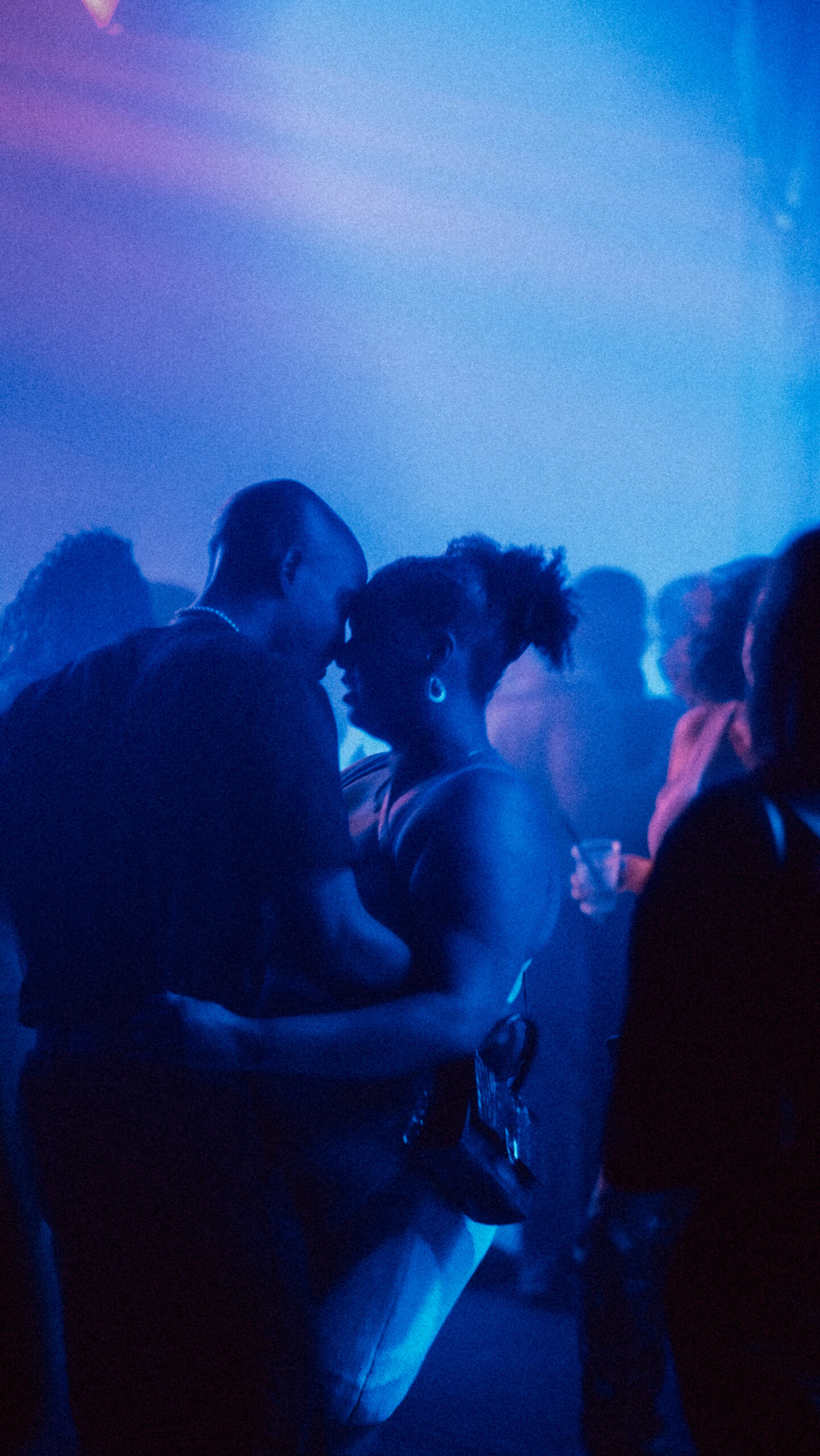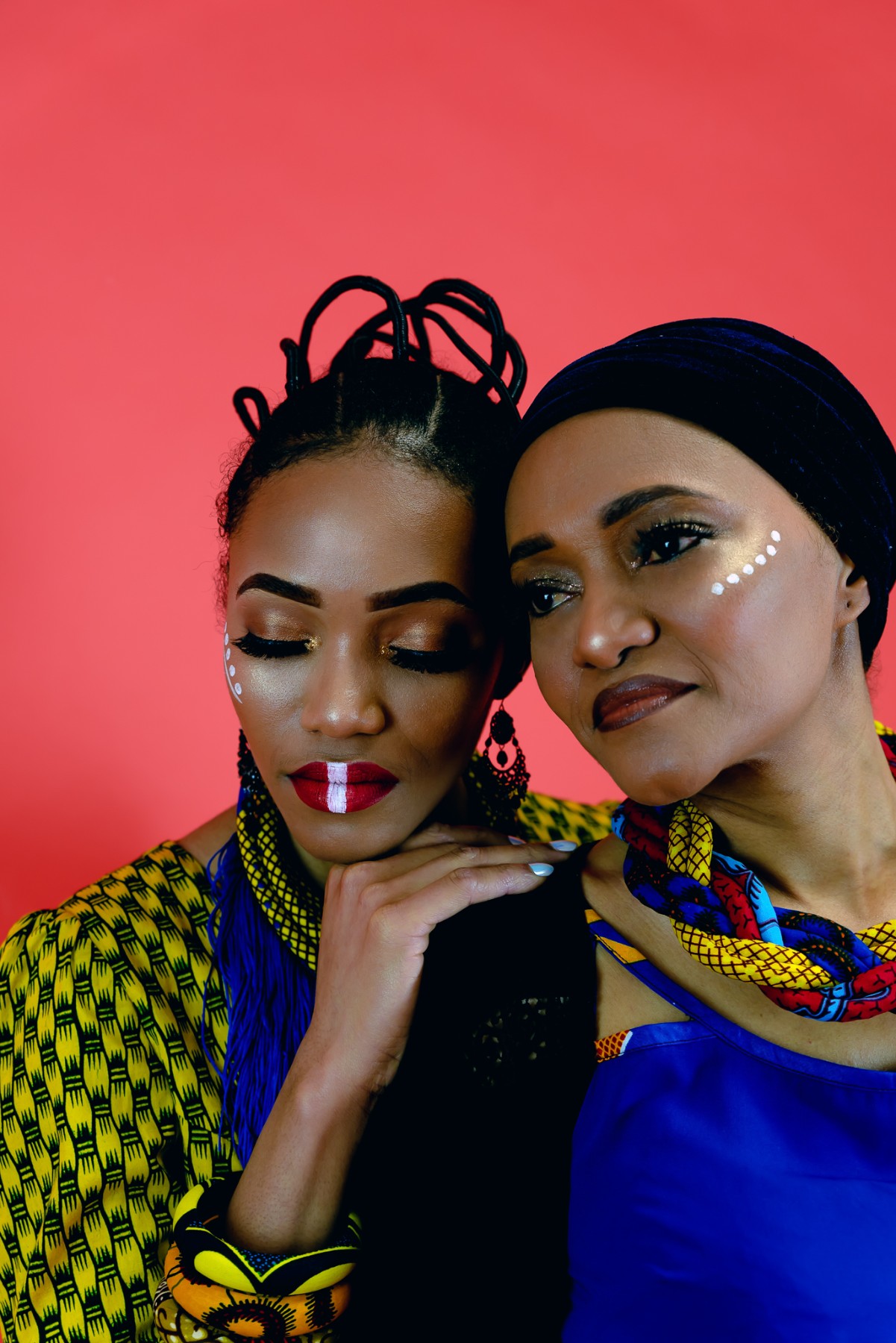
Photography by Elizabeth Okoh
African Diasporan is a five part conceptual series seeking to explore the experiences of African immigrants who were born elsewhere and now reside in the UK. Which parts of their native culture persists and what other traditions or beliefs do they adopt? What changes and what remains?
I really love storytelling, and for me conceptual photography is the best way to achieve the visuals I want, as well as exploring various themes or issues we experience in our everyday life.
The idea for African Diasporan initially started as a way for me to improve on my studio photography sessions but with most things I do, I believe whatever is worth doing is worth doing well – this was the basis of my need to create something meaningful instead of simply achieving pretty pictures.
Immigration has always been a big theme for me and I continue to explore issues around it in my various works, from my university dissertation on the wellbeing of immigrants, to my debut novel The Returnees recently acquired by Hodder and Stoughton. And it is no different with my visual work.
For this particular project, I wanted to capture the experiences of first generation African immigrants – those who’ve spent their initial formative years in Africa before moving to the UK. I’m interested in learning about their redefined or changed perspectives and attitudes towards societal norms from the country they’re coming from, to the society they now reside in. What things are adopted and which are disregarded?
In Legacy, I explored the relationship between mothers and daughters. What do mothers teach their daughters? Which parts of the culture gets passed down through generations?
It is evident that the current generation of women are redefining what it is to be a woman. Whether as a daughter, sister, mother or wife, women are taking charge of their narratives and living on their own terms. So how do these movements affect the African diasporan woman who has been raised in a different culture?
Through Union, I explored how the relationship and roles between married couples have changed or evolved over time. The movement towards equality and better treatment of women in marriages and partnerships is at an all time high.
Women are no longer seeing themselves simply as homemakers or child bearers. More is being demanded of men and this has changed the dynamics in modern day relationships. But how does this play out for the African diasporan woman? Does she truly have a say or a voice? How does coming from a collectivist culture affect them?
Within Womanhood, I touched on femininity and gender norms. What does it mean to be a woman? A mother? Who gets to decide? How have women’s roles evolved over time and what expectations persist, especially in an African context?
I offer no answers or solutions to any of these questions and leave it up to the audience to think deeply for themselves and ask the necessary questions to form their own opinions. These will shape the lens from which they see and interact with others in the world.
- African Diasporan: Bonds | Photography by Elizabeth Okoh
- African Diasporan: Bonds | Photography by Elizabeth Okoh
- African Diasporan: Duality | Photography by Elizabeth Okoh
- African Diasporan: Duality | Photography by Elizabeth Okoh
- African Diasporan: Legacy | Photography by Elizabeth Okoh
- African Diasporan: Legacy | Photography by Elizabeth Okoh
- African Diasporan: Union | Photography by Elizabeth Okoh
- African Diasporan: Union | Photography by Elizabeth Okoh
- African Diasporan: Union | Photography by Elizabeth Okoh
- African Diasporan: Womanhood | Photography by Elizabeth Okoh
- African Diasporan: Womanhood | Photography by Elizabeth Okoh
- African Diasporan: Womanhood | Photography by Elizabeth Okoh

